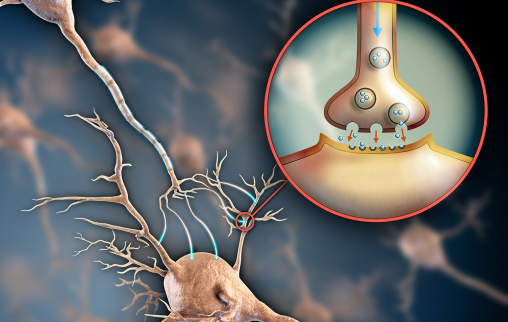
When gambling becomes a coping strategy
Most people have been through tough times at some point in their life, whether it is failing an exam, going through a break-up, or losing a loved one. A common reaction is to use various coping strategies to deal with the situation and manage negative emotions.
Some examples of coping strategies are:
- Every time I feel stressed, I go to the ocean to listen to the sound of the waves, which helps me calm my mind.
- Spending time with my brother was really the thing that got me through the loss of our mother.
What coping strategies people tend to use depend on the specific situation and personal characteristics. Some people will be more inclined to seek comfort in others by talking about their problems while others will tend to distract themselves by engaging in other activities. Further, not all coping strategies are equal. Some will result in a positive long-term effect whereas others only provide short-term relief and potentially negative long-term consequences. As an example, exercising to cope with stress may improve physical and mental wellbeing, whereas distancing yourself from your loved ones can result in feelings of isolation and loneliness causing further harms.
Research have demonstrated that gambling is used by some individuals as an escape-based coping strategy. Gambling may seem like an attractive coping strategy because it can provide easy access to sufficient levels of excitement needed to distract oneself from a difficult situation or negative emotions. However, once the person stops gambling, they are again faced with their problems and difficult emotions, which may prompt further gambling as an easy alternative to dealing with the source of the problems. While gambling can provide an easy way to escape unpleasant emotions or situations, it is not a sustainable coping strategy. Researchers have demonstrated that people who use gambling as a coping strategy are more at risk of experiencing gambling related harms.
In general, gambling is an unsustainable coping strategy because:
- It only provides temporary relief
- It does not fix the problem
- Relying on gambling as a coping strategy can lead to excessive gambling, which can cause gambling related harms and lead to addiction.
As a person gambling, you may benefit from reflecting on your motivation to gamble to uncover whether you are using gambling as a coping strategy. If you realise that you are using gambling as a coping strategy you might benefit from taking a break from gambling and exploring more sustainable coping strategies. Below you will find some ideas for healthy coping strategies that can be used to manage difficulties in life. You may need to try out different options before finding the ones that work for you and your situation.
- Exercise
- Ask for help
- Spend time on a hobby or engage in a creative project
- Try to remove yourself from the difficult situation
- Perform meditation or mindfulness exercises
- Work on fixing the situation
- Spend time with friends or family
- Try to reframe the situation in your mind
If you need to talk with someone about your gambling behaviour, you can reach out to Loket Kansspel. Talking with a professional about your gambling behaviour, can help you get a better view on your gambling behaviour and relevant actions that you can take to reduce your risk of experiencing harms due to gambling.

Experience article
Podcast: `There wasn't one solution that worked, so in the end that became the solution: it's better if I'm not there anymore.`
Lees verder






